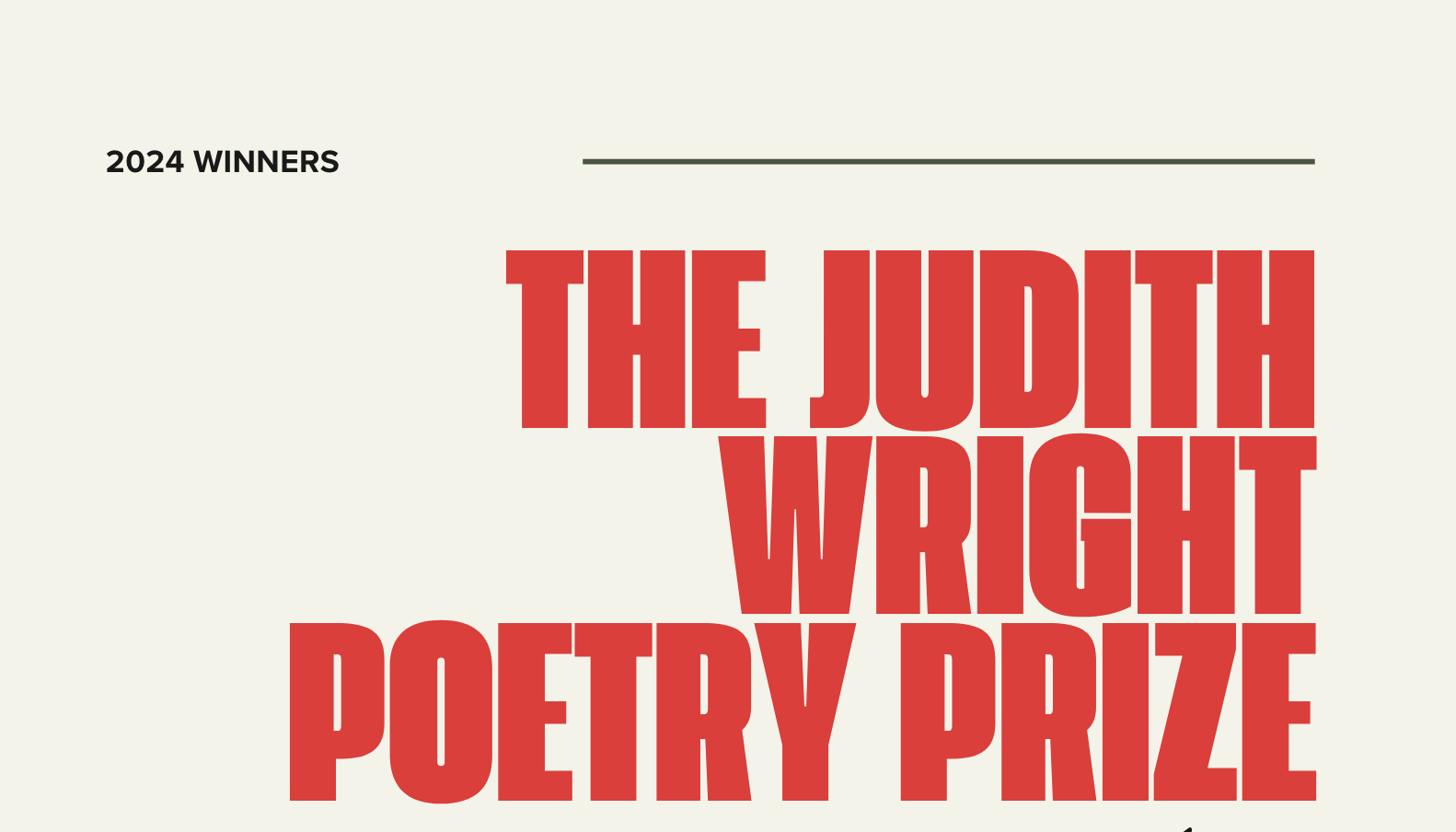Choreography: George Balanchine
Music: Peter Ilyich Tchaikovsky
Wide open chords raise a blue night on the orange grove
of crossed lines. We angle towards metaphor, as if art
travels deeper through weird parallel: arms might be
branches; a waltz persuades tenderness; that fallen woman
has had too many affairs. Familiar tales lead us wide
of the stage, gazing at craters on Mercury’s surface. What if
we could see only dancers in motion to the music’s story?
The arms move first, the feet will follow, picking up speed
con spirito – this is a beginner’s lesson in stage technique.
Observe kaleidoscopic particles, propelled through soft
diagonal and peeling off, always resisting the poet’s remark.
Can we keep up without the direction of stars, pulled firm
into the orbit of a muscle’s tone? We must learn quickly
to absorb the sweeping strings, the skewed vocabulary,
these floating experiments in numerical design. There are no
secrets here: accidents prove able punctuation in a current
of urgent women, each one stretching hard toward light.
Read the rest of Overland 229
If you enjoyed this poem, buy the issue




